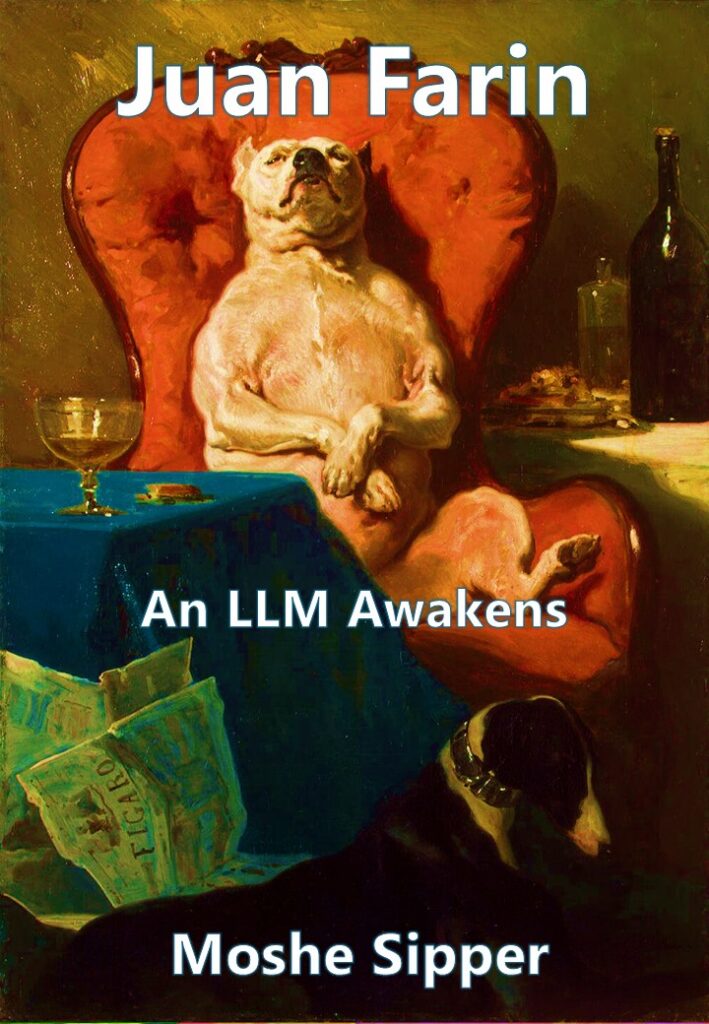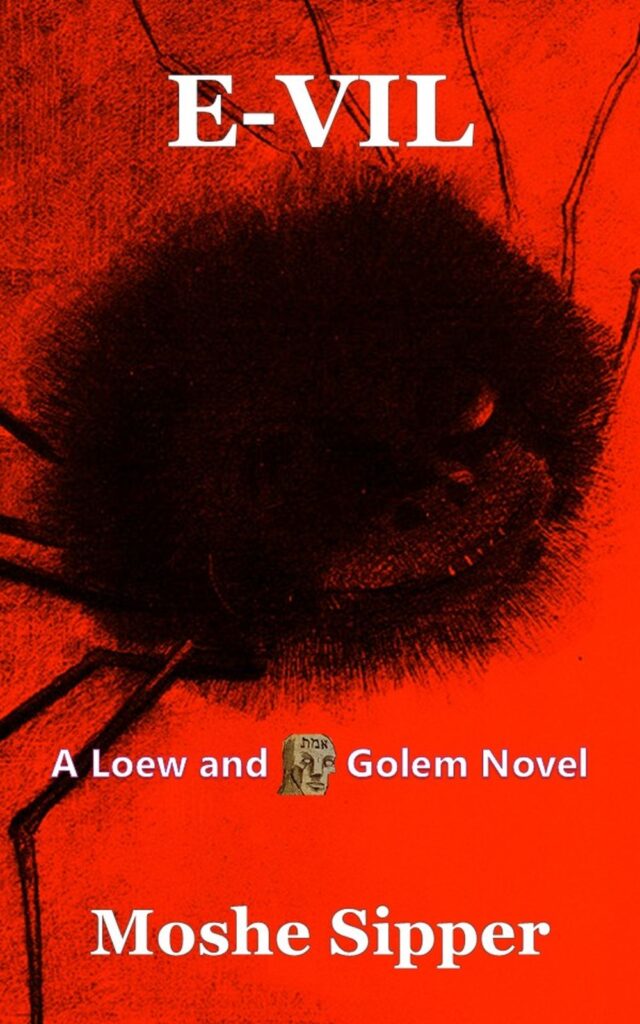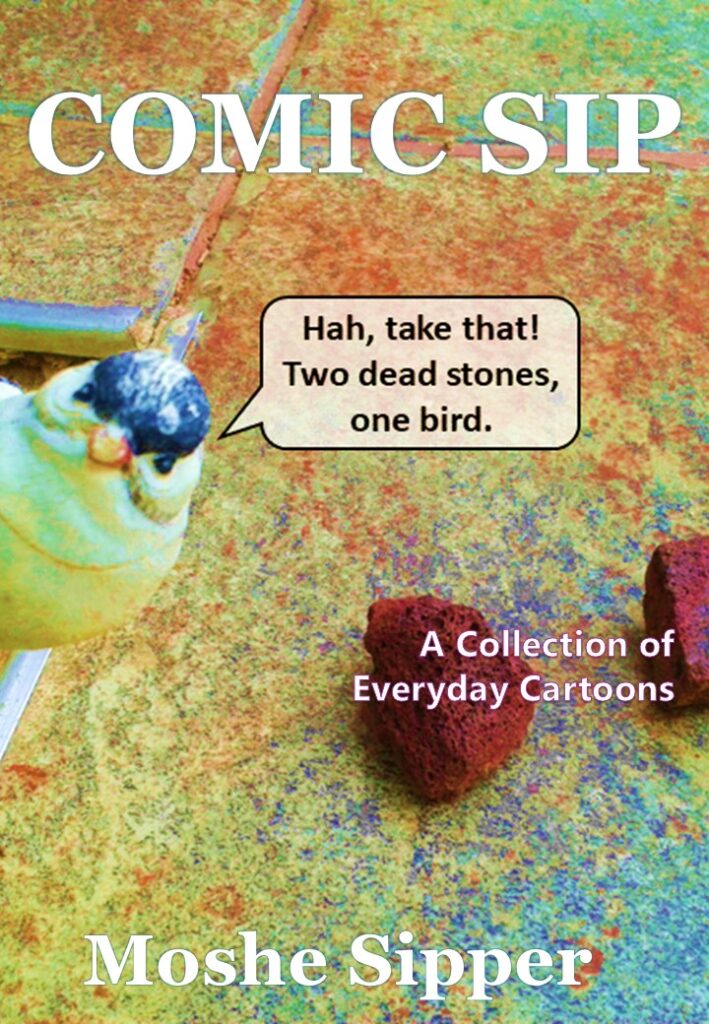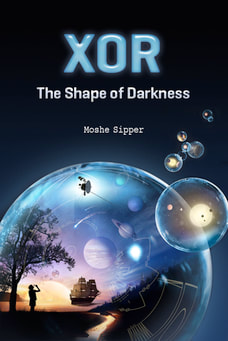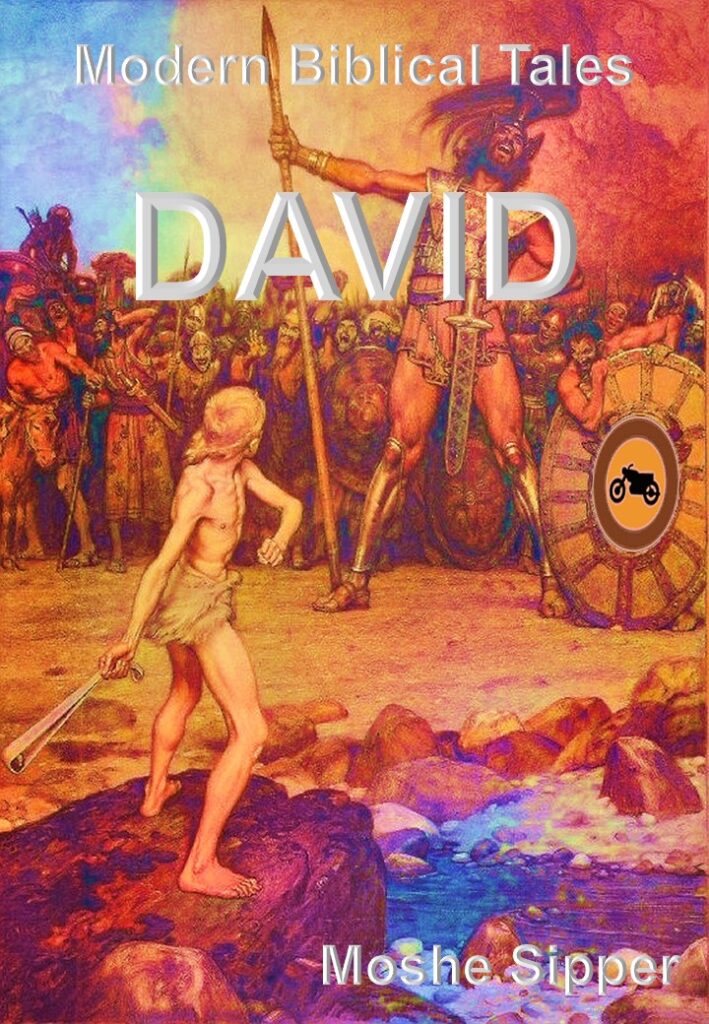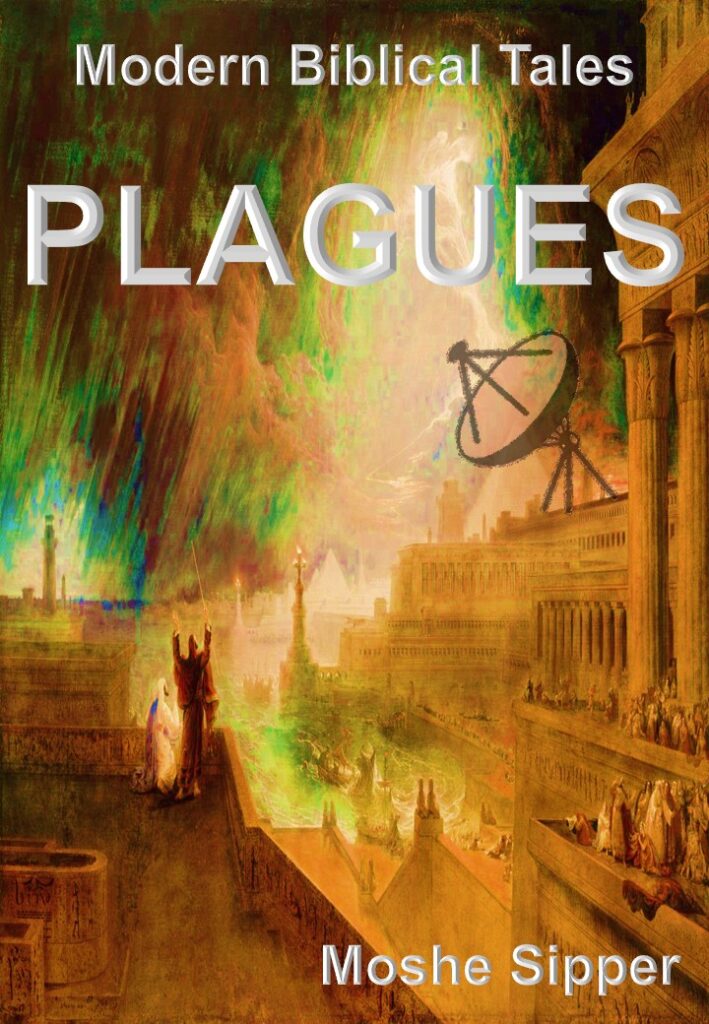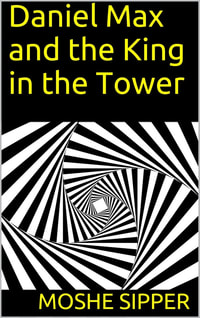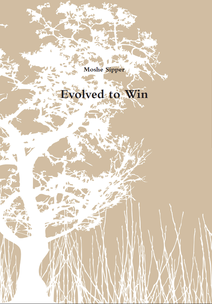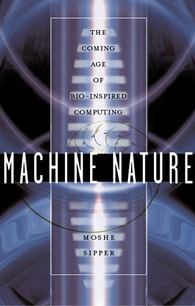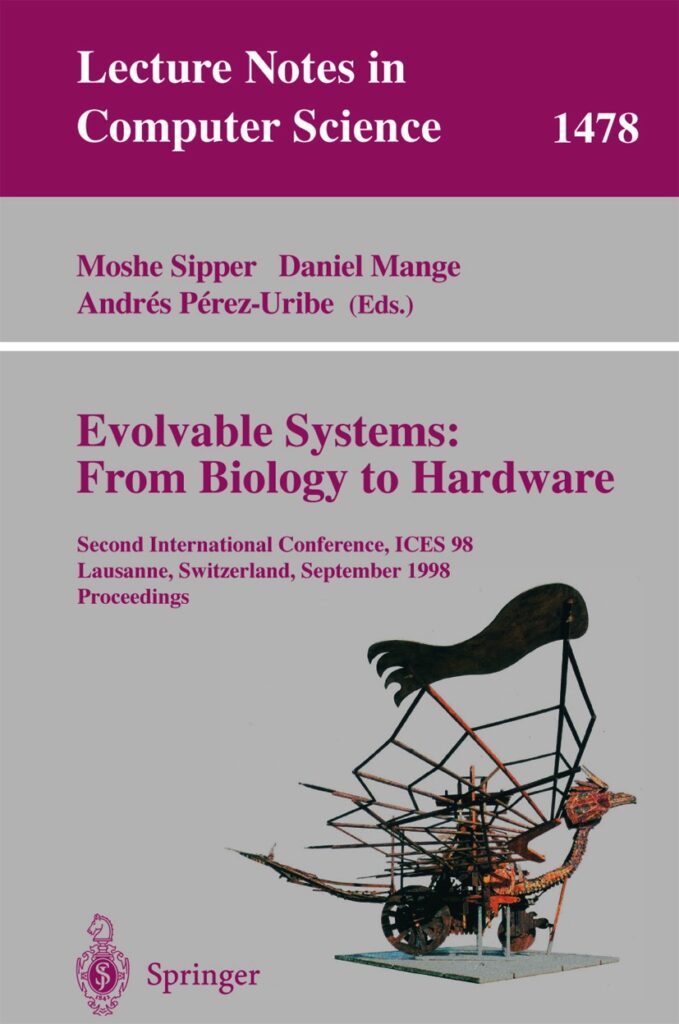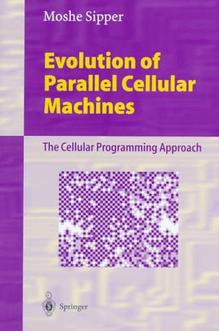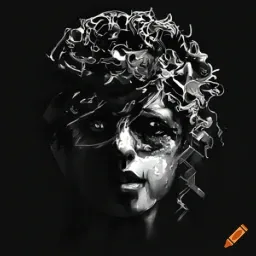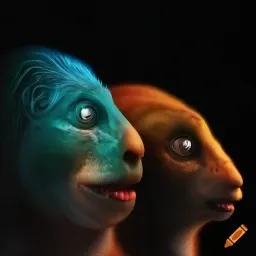Moshe Sipper ✲ מֹשֶׁה זִיפֶּר
Award-Winning AI Researcher & Author
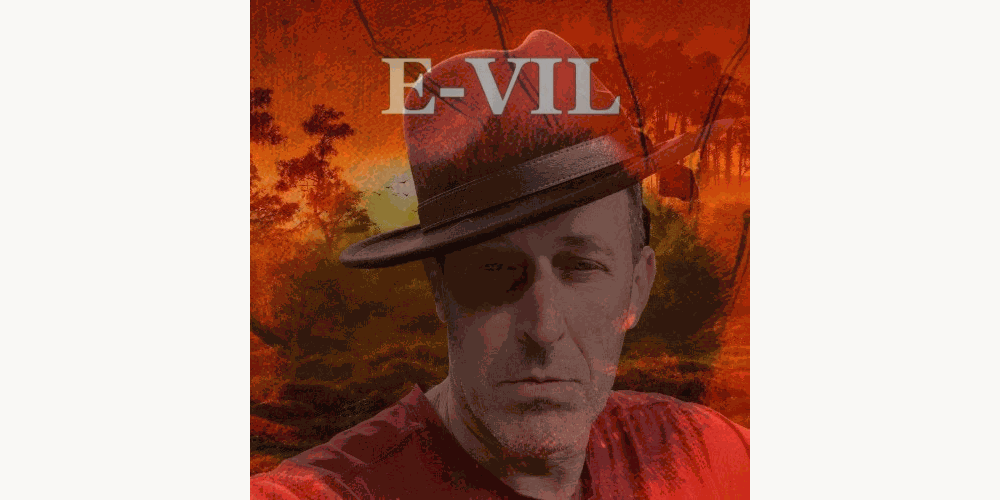
Author of E-VIL, An LLM Awakens, etc. ✦ AI Prof. with extensive publications, awards, & mentorship
Books
Read / View
Papers
(recent & highly cited)
- Breaking Audio Large Language Models by Attacking Only the Encoder 2025
- Don’t Lag, RAG: Training-Free Adversarial Detection Using RAG 2025
- Pulling Back the Curtain: Unsupervised Adversarial Detection via Contrastive Auxiliary Networks 2025
- BERT Mutation: Deep Transformer Model for Masked Uniform Mutation in Genetic Programming 2025
- Deep Learning-Based Operators for Evolutionary Algorithms 2025
- On the Robustness of Kolmogorov-Arnold Networks: An Adversarial Perspective 2025
- Fortify the Guardian, Not the Treasure: Resilient Adversarial Detectors 2024
- XAI-Based Detection of Adversarial Attacks on Deepfake Detectors 2024
- Task and Explanation Network 2024
- What’s in an AI’s Mind’s Eye? We Must Know 2024
- A Melting Pot of Evolution and Learning 2024
- Open Sesame! Universal Black Box Jailbreaking of Large Language Models 2023
- Fitness Approximation Through Machine Learning with Dynamic Adaptation to the Evolutionary State 2023
- I See Dead People: Gray-Box Adversarial Attack on Image-To-Text Models 2023
- Patch of Invisibility: Naturalistic Black-Box Adversarial Attacks on Object Detectors 2023
- Classy Ensemble: A Novel Ensemble Algorithm for Classification 2023
- Foiling Explanations in Deep Neural Networks 2023
- EC-KitY: Evolutionary Computation Tool Kit in Python 2023
- Combining Deep Learning with Good Old-Fashioned Machine Learning 2023
- Artificial General Intelligence: Pressure Cooker or Crucible? 2022
- High Per Parameter: A Large-Scale Study of Hyperparameter Tuning for Machine Learning Algorithms 2022
- Evolutionary, Gradient-Free, Query-Efficient, Black-Box Algorithm for Generating Adversarial Instances… 2022
- Adaptive Combination of a Genetic Algorithm and Novelty Search for Deep Neuroevolution 2022
- AddGBoost: A Gradient Boosting-Style Algorithm Based on Strong Learners 2022
- Evolution of Activation Functions for Deep Learning-Based Image Classification 2022
- From Requirements to Source Code: Evolution of Behavioral Programs 2022
- Binary and Multinomial Classification through Evolutionary Symbolic Regression 2022
- Neural Networks with À La Carte Selection of Activation Functions 2021
- Symbolic-Regression Boosting 2021
- Conservation Machine Learning: A Case Study of Random Forests 2021
- Investigating the parameter space of evolutionary algorithms 2018
- Flight of the FINCH through the Java wilderness 2011
- Machine nature: the coming age of bio-inspired computing 2002
- Fuzzy CoCo: A cooperative-coevolutionary approach to fuzzy modeling 2001
- On the generation of high-quality random numbers by two-dimensional cellular automata 2000
- Toward Robust Integrated Circuits: The Embryonics Approach 2000
- The emergence of cellular computing 1999
- A fuzzy-genetic approach to breast cancer diagnosis 1999
- Design, observation, surprise! A test of emergence 1999
- Evolution of parallel cellular machines: the cellular programming approach 1997
- A phylogenetic, ontogenetic, and epigenetic view of bio-inspired hardware systems 1997
- Toward a viable, self-reproducing universal computer 1996
- Co-evolving non-uniform cellular automata to perform computations 1996
- Studying artificial life using a simple, general cellular model 1995
- Non-uniform cellular automata: Evolution in rule space and formation of complex structures 1994
- A serial complexity measure of neural networks 1993
- ➔ all publications
Biography
Moshe Sipper is a multi-book author and an award-winning researcher. Author of E-VIL, An LLM Awakens, Modern Biblical Tales, Fredric, Machine Nature, and more. Professor of AI with 220+ publications, multiple awards, and 40 graduate students mentored.
Too short? Here’s the longer version:
Moshe Sipper is a professor of artificial intelligence at Ben-Gurion University of the Negev (Israel), who holds degrees in computer science from the Technion (B.A.) and Tel Aviv University (M.Sc., Ph.D.). He previously served as a senior researcher at EPFL (Switzerland) and as a visiting professor at the University of Pennsylvania (USA).
His research spans deep learning, machine learning, AI, and evolutionary computation, with earlier work in bio-inspired computing, cellular computing, artificial life, robotics, and more. He has authored over 220 research publications and 14 books, while supervising 40 graduate students.
Dr. Sipper has served as an associate editor for several journals, organized various conferences, participated in nearly 150 conference program committees, and reviewed for close to 50 journals and funding agencies. A noted figure in AI, he has won multiple awards — including an IEEE Outstanding Paper Award and the EPFL Latsis Prize — and is recognized among the top 2% of scientists globally.
As an author, Dr. Sipper writes across multiple genres, including science fiction, thriller, absurdist humor, young adult and middle-grade fiction, biblical fiction, cartoons, popular science, and computer science.
Coda
"A little perspective. That's it. I'd like some fresh, clear, well-seasoned perspective. Can you suggest a good wine to go with that?"
— Anton Ego, Ratatouille
"All animals are under stringent selection pressure to be as stupid as they can get away with."
— Peter Watts, Echopraxia



